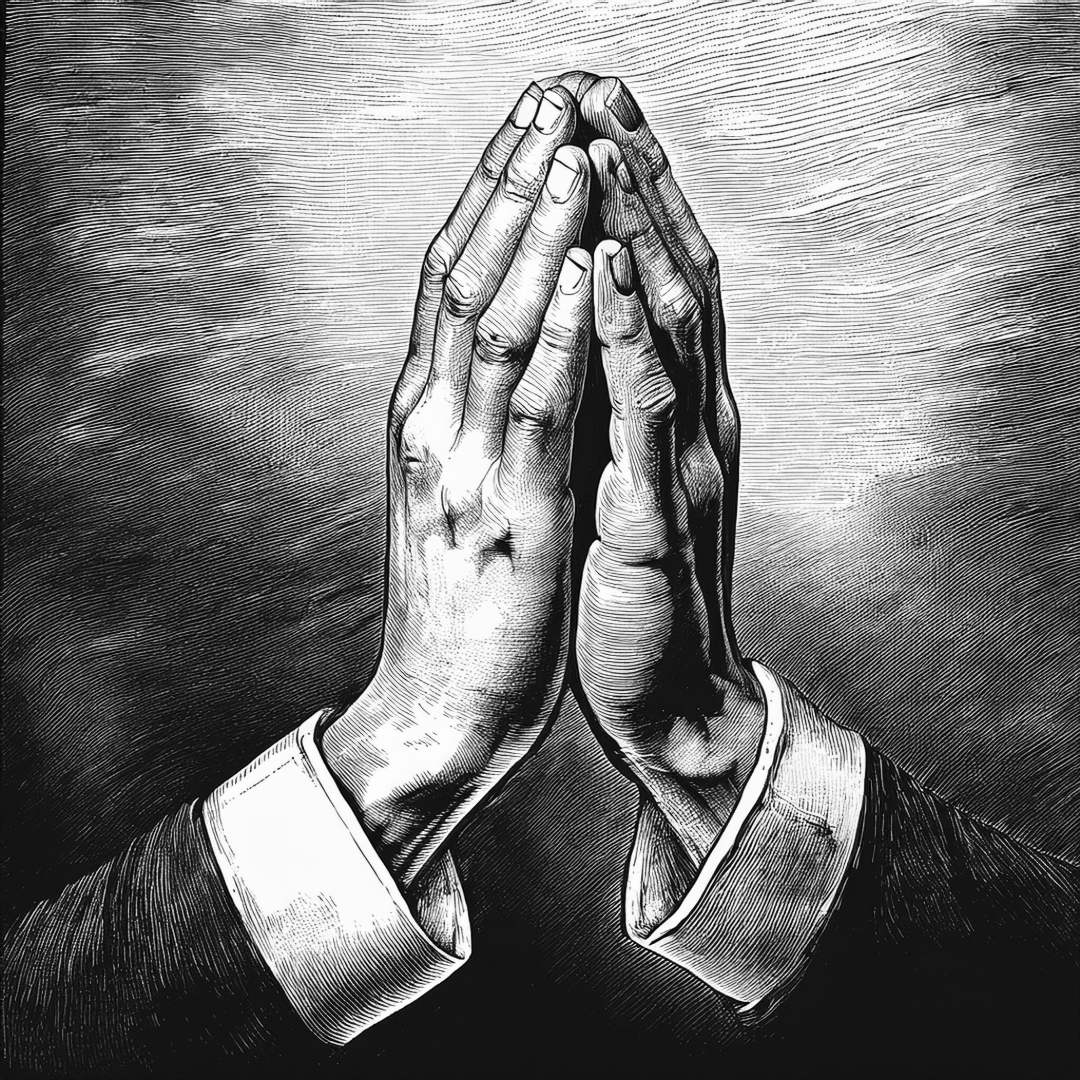BIRMINGHAM, Ala. — A proposed bill in the Alabama legislature requiring public schools to begin each day with a prayer “consistent with Judeo-Christian values” is drawing criticism for its constitutional implications and the ambiguity of the term it invokes.
House Bill 231, introduced by Rep. Reed Ingram, would amend the state constitution to mandate both the Pledge of Allegiance and a daily prayer in K-12 public schools. Schools that fail to comply could face severe penalties, including a 25% reduction in state funding. Supporters of the bill argue it reflects the nation’s religious heritage, but opponents say it violates First Amendment protections and alienates students of diverse faiths or no faith at all.
The phrase “Judeo-Christian values” has come under scrutiny for its lack of clarity and historical contradictions. Critics argue that while it is often used to suggest shared principles between Judaism and Christianity, the two religions differ significantly on theology and ethics. For example, Judaism rejects Christian doctrines such as salvation through Jesus Christ, making it unclear what unified values the term represents.
“Judeo-Christian values” have also been criticized as a political construct rather than a genuine reflection of religious harmony. Scholars note that the term gained popularity in mid-20th century America as a way to unify certain groups against secularism and communism but now serves as a tool for exclusionary policies. It often erases Jewish identity by framing it within Christian contexts, critics say, while ignoring other faiths entirely.
Opponents of HB 231 also point out contradictions between so-called “Judeo-Christian values” and modern American practices. For instance, capitalism—a cornerstone of U.S. society—is frequently justified using religious rhetoric despite its tension with biblical teachings that warn against greed and exploitation. Similarly, consumer culture thrives on envy and materialism, which are explicitly condemned by the Ten Commandments.
Faith leaders across Alabama have joined civil rights groups in opposing the bill, arguing that government-mandated prayer infringes on religious freedom and undermines pluralism.
Legal experts warn that HB 231 could face significant challenges under the First Amendment’s Establishment Clause, which prohibits government endorsement of religion. The American Civil Liberties Union of Alabama has called the bill unconstitutional and said it risks creating a hostile environment for students who do not adhere to state-sanctioned religious practices.
As lawmakers debate HB 231, critics are urging greater scrutiny of how religion is wielded in public policy—and whose values are truly being represented in measures like this one.

